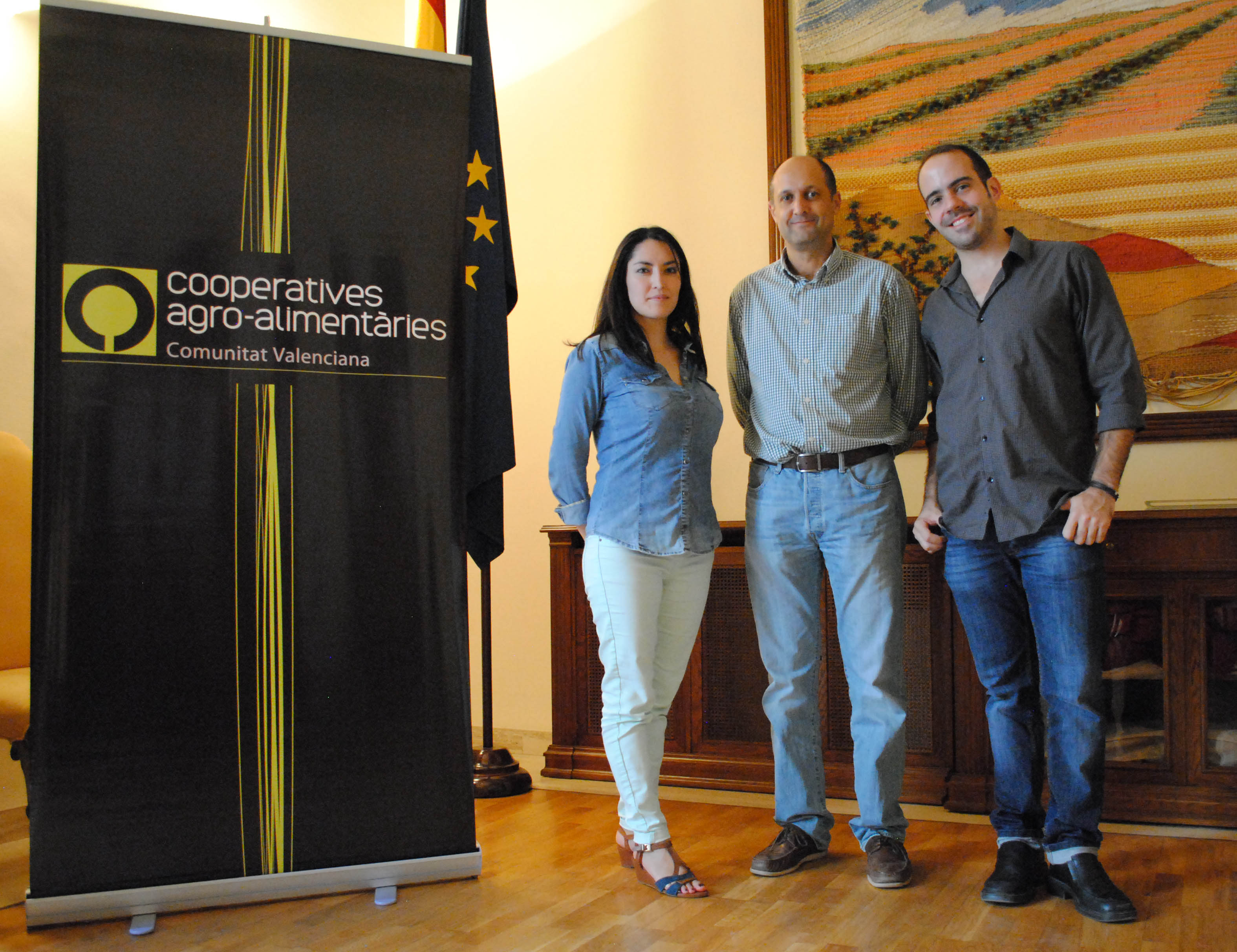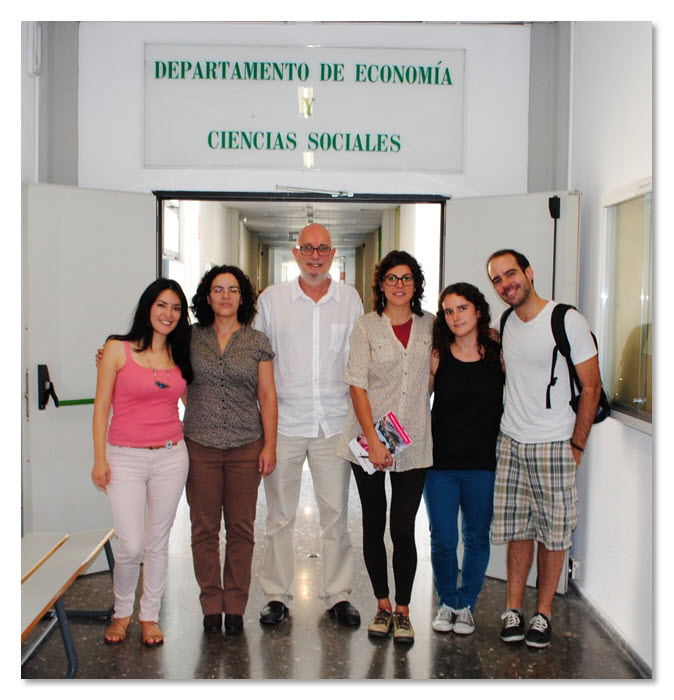Team:Valencia UPV/policy/activities
From 2014.igem.org
Policy and Practices > Activities
Policy and Practice is not just the cherry on the cake; it is an essential constituent of Synthetic Biology. Thus, it permeates the whole Sexy Plant project, conceived as a responsible research one. To start with, our motivation was to address a challenge of social relevance: protection of crops is essential for economical and social sustainability in a world with an ever-growing population. We also tried to understand the benefits and risks of our approach. Not only safety and environmental protection drove the biosafety module. To tune our project and ensure its outcome is in line with societal expectations, we engaged a wide range of social actors and stakeholders throughout the whole of it: bio-farm companies, (eco-)farmers associations, research experts, social researchers, etc. Of course, we are also enthusiast about transmitting the world of Synthetic Biology to the next generations. Thus, some activities were developed with children at our University Summer School.
“We are using sexual confusion as a pest management method in rice crops since 20 years ago”
Paco Girona is a political agriculture engineer at Cooperatives for Agrofood industry (FECOAV). He makes efforts to extend the use of ecological pest methods over some typical crops in Valencia, Spain.
Around the Albufera Natural Park in Valencia, the cycle sown rice starts in May when the farmers should start protecting their crops from Chilo Lepidopter (moth) pest. During the first days of may, technician place pheromone sticks between rice plants to release the Chilo female moth pheromone into the environment. Tha planted area is around 15,000 Ha of crop, and they are protected by 462,960 pheromone sticks, therefore the female and male moths will not reproduce. This technique is used since 20 years ago, and now the economic losses are approximately 0.5%. Paco Girona explains that Sexy Plant coul be a wonderful alternative to chemically synthetized pheromone sticks, specially during its assembly, the most hazardous part of its production. “If you get the Sexy Plant, I take my hat off”
Valencia, October 2014
“The Sexy Plant could be a good approach to reduce the costs of pheromone production”
Jose Maria Garcia Alvarez-Coque is a reseacher and director of the Sustainable Agriculture group, at Polithecnic University of Valencia (UPV).
He considers the currently pheromone synthesis as an expensive method to produce insect pheromones. “The Sexy Plant could be a good approach to reduce the costs of pheromone production”. This project is other ecological way to manage pests, such as the production of auxiliary insects to protect crops. In addition, Sexy Plant can be a safe, sustainable and environmentlly friendly method if and when it respects agricultural and environmental specifications. Sexy Plant modules like Biosafety or Sterility are characteristics that assist the long-term use of this plant.
Valencia, September 2014
 "
"

